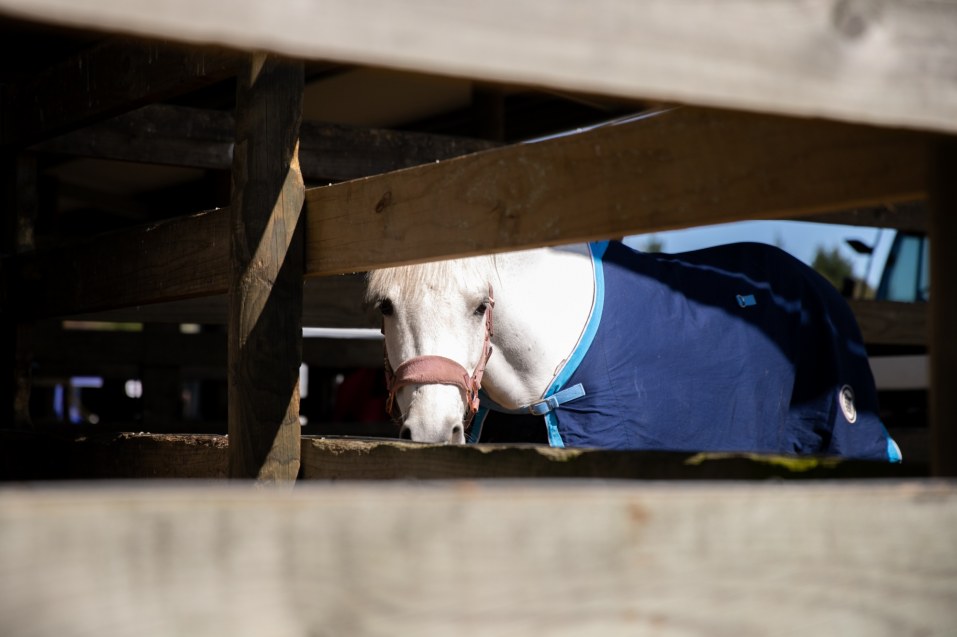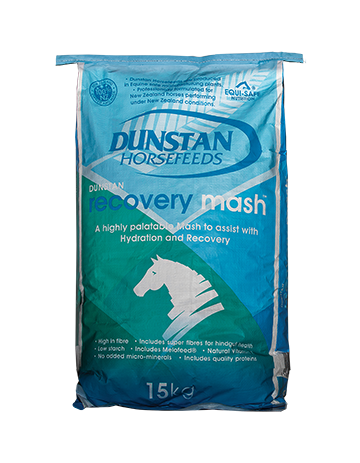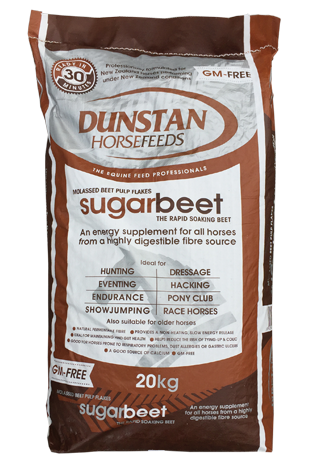
There are times when our best laid plans come tumbling down, and horses that are in full work, for some reason, are suddenly required to be confined to a stable or yard for a prolonged period of time.
What is the best way to manage the dietary requirements of horses during this time for both digestive and mental health?
The first initial consideration is to ensure that the horse has adequate fibre intake to maintain digestive health. Horses require a minimum of 1.5% of their body weight in hay, chaff or pasture daily on a dry matter basis. As the horse will be off pasture, this will be required to be provided by owners as supplementary fibre in the form of hay, haylage, chaff, and or beet pulp.
Horses that have been undertaking intensive workloads may have been on a range of high energy feeds including high intakes of grain to meet the calorie demands of their work. The sudden decrease in energy expenditure should correlate with a decrease in energy ‘input’. This will go some way in helping to contribute to a more settled disposition. It is not advisable to make sudden changes to the diet, especially when horses may be under increased stress. However, it would be appropriate to start to transition the horse to a more low-starch feeding regime, where fats and fibre have a greater contribution to the total daily calorie intake than a grain. Research demonstrates that horses have a more settled disposition on this form of feeding regime, which will be vital for horses spending prolonged periods of time in a box or yard.
Horses can vary considerably once they are in their new enforced routine. Some horses thrive in the stable environment, and owners find that their horses are gaining excess condition. This may require a review of the diet, moving from a full feed to a semi-concentrate or even a low intake vitamin and mineral balancer pellet, to provide key nutrients. It may also be necessary to review the fibre options and management practices, ensuring horses get adequate fibre for digestive health without excessive calorie intake for ‘good doers’.
In contrast, some horses struggle to maintain condition during this time. Providing quality forage will be vital, not only for digestive health and improved feed efficiencies, but also for calorie contribution. The low-starch feeding regime will provide ‘cool calories’ and avoid digestive disturbance that may be associated with excess starch in the diet. The addition of vegetable oil to the ration is very beneficial in this situation as it is a ‘cool’ but very dense calorie source. As with all other feeds, introduce oil gradually to the ration.
For horses that may not be drinking readily, adding a little molasses to the water or even dropping some Dunstan Sugarbeet Flakes into the water can be tempting, if not a nice distraction! Dunstan Recovery Mash® has been found to be exceptionally tempting for those under stress and when made into a slurry, is great for increasing moisture intake. A valuable addition to any feed room. It may even be necessary to wet hay and make hardfeeds very moist to assist with water uptake.
The fibre sources selected and feed options may vary depending on the age of the horse, or if confinement is required for a pregnant mare.
If you find yourself in this unfortunate situation, please contact Gretel using the queries below and she would be happy to tailor a plan suited to your horse.



